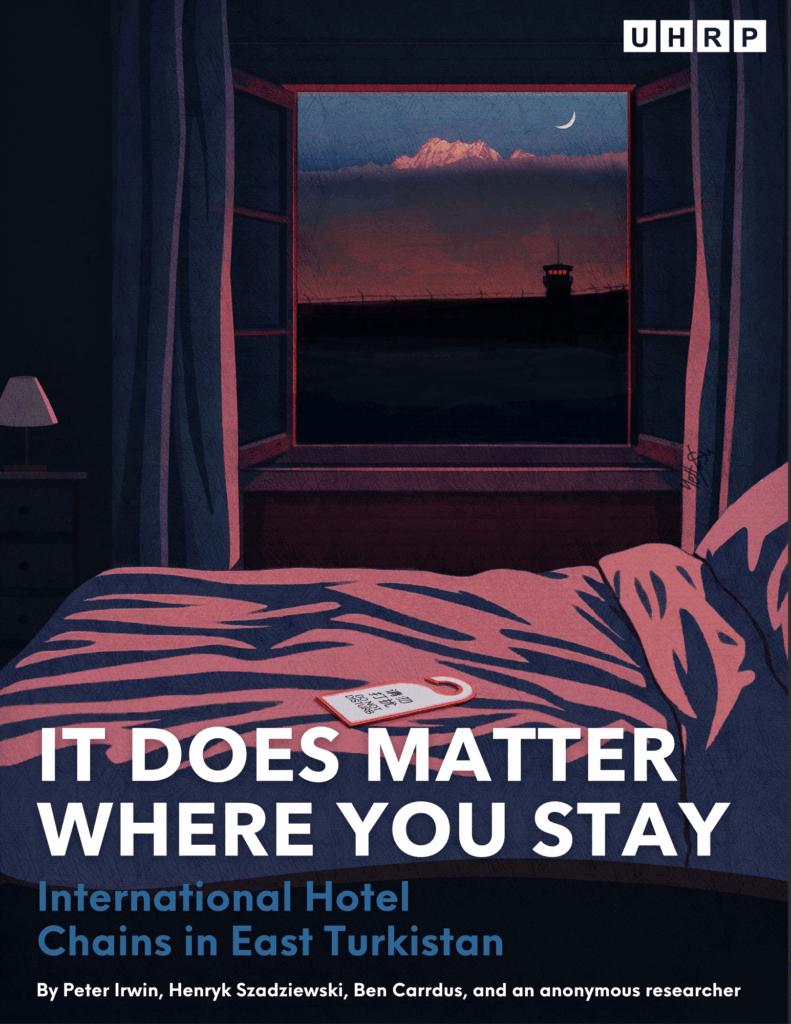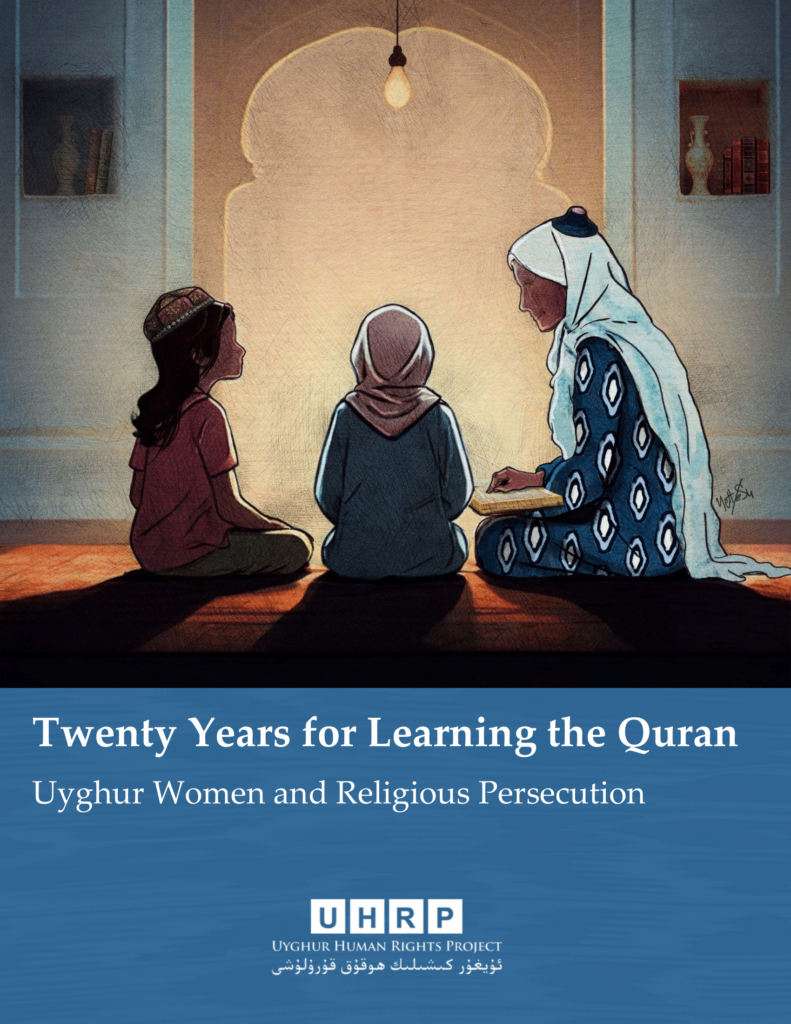An explainer by Uyghur Human Rights Project Explainer by Henryk Szadziewski; read the report in Melayu.
Demolition of Uyghur Neighborhoods
The Chinese government has been demolishing Uyghur neighborhoods across East Turkestan, for more than a decade. This has resulted in the loss of physical structures, including Uyghur homes, shops, and religious sites. Uyghurs have been forcibly relocated to heavily monitored apartment blocks.
Demolition of Uyghur homes in Kashgar
Kashgar Old City, the spiritual heart of Uyghur culture and previously one of the best-preserved Islamic cities, has been demolished. The redevelopment of the Old City for tourism has decimated traditional Uyghur life.
Eradication of Customs and Traditions
Chinese authorities are attempting to assimilate Uyghurs through repression of customs and traditions, and allowing Uyghur culture to take only officially defined forms. Chinese policy states that cultural practices and religious belief must serve socialist values.Uyghur Meshrep
The suites of classical music known as the Muqam, and the Meshrep, a traditional event that served as a platform for a wide variety of Uyghur cultural expression, including music, dance, and oral history, must conform to government orders on correctness.
Uyghurs are forced to publicly perform Chinese dances, sing Communist “Red Songs,” wear traditional Chinese robes, and celebrate Chines New Year.
Crackdown on Artists, Academics, and Journalists
- Chinese government policies have criminalized the study and transmission of Uyghur history and artistic expression.
- Opinions that diverge from official views and unapproved expressions of cultural identity are labelled “separatist” or “terrorist,” and prosecuted as ‘endangering state security.’
- In a report on the Exploitation and Criminalization of Uyghur Cultural Heritage, issued in June 2018, the Uyghur Human Rights Project found that many traditional cultural practices have been transformed into propaganda campaigns and tourist offerings, or in some cases completely banned.
- China ranks 176th worst for press freedom out of 180 states in Reporters Without Borders’ 2018 World Press Freedom Index. Freedom House’s Freedom of the Press 2017 report placed China in the “Not Free” category. Freedom House also placed China in the “Not Free” category for its Freedom on the Net 2017 report. Comparitech gave China and North Korea the highest possible censorship score of 11 out of 11 in its 2023 Internet Censorship report: “A Global Map of Internet Restrictions.” In its 2018 prison census, the Committee to Protect Journalists documented 47 journalists imprisoned in China, of whom 23 are Uyghur.
- In a report issued in October 2018, Persecution of the Intellectuals in the Uyghur Region: Disappeared Forever?, the Uyghur Human Rights Project identified 231 intellectuals forcibly disappeared, interned in camps, removed from their posts, or imprisoned since April 2017. The individuals identified represent only a small proportion of those impacted.
- Academics, journalists, and artists disappeared and believed to be held in China’s internment camps, include Rahile Dawut, an internationally known folklorist. Religious scholars Muhammad Salih Hajim and Abdulnehed Mehsum died in camps in 2018
- Uyghur journalist Gheyret Niyaz was sentenced to 10 years in prison in July 2010 for endangering state security by speaking to foreign journalists. Ms. Gulmire Imin, an administrator for the website Salkin, was sentenced to life in prison in 2017.
- Popular singers Zahirshah Ablimit and Ablajan Ayup, musician Abdurehim Heyit, poets Chimengul Awutand Perhat Tursun, and comedian Adil Mijit have all been interned in camps.
FEATURED VIDEO
Atrocities Against Women in East Turkistan: Uyghur Women and Religious Persecution
Watch UHRP's event marking International Women’s Day with a discussion highlighting ongoing atrocities against Uyghur and other Turkic women in East Turkistan.



